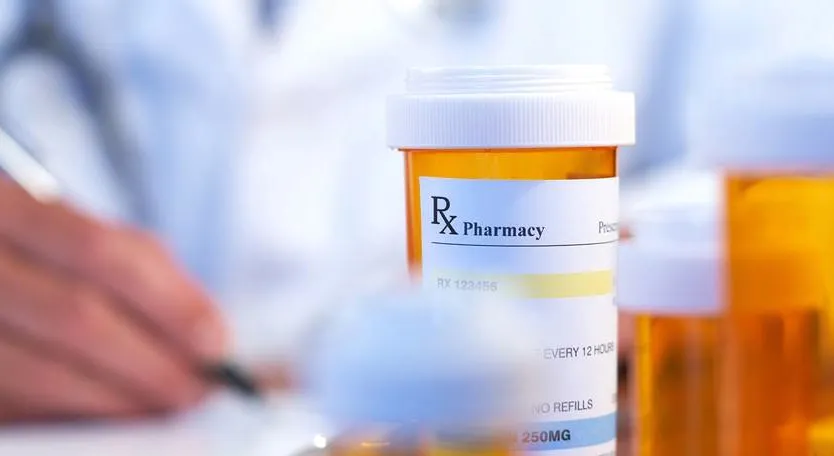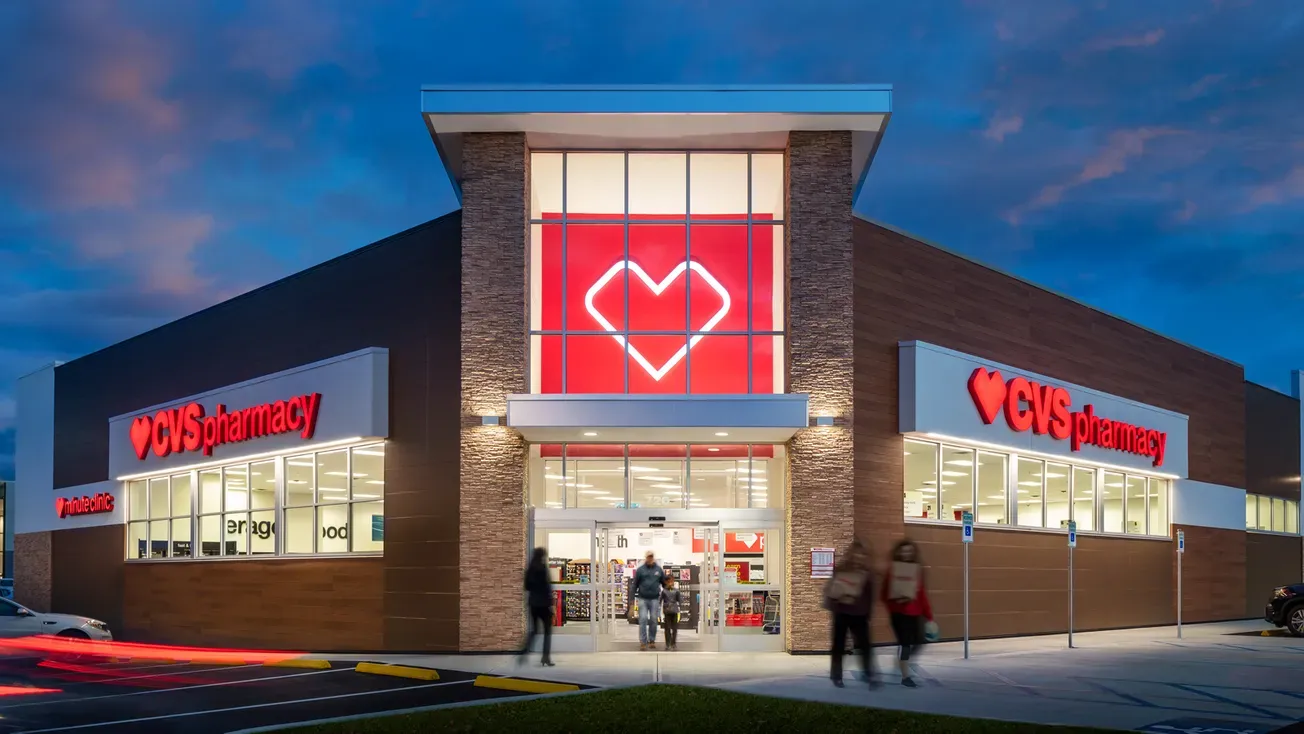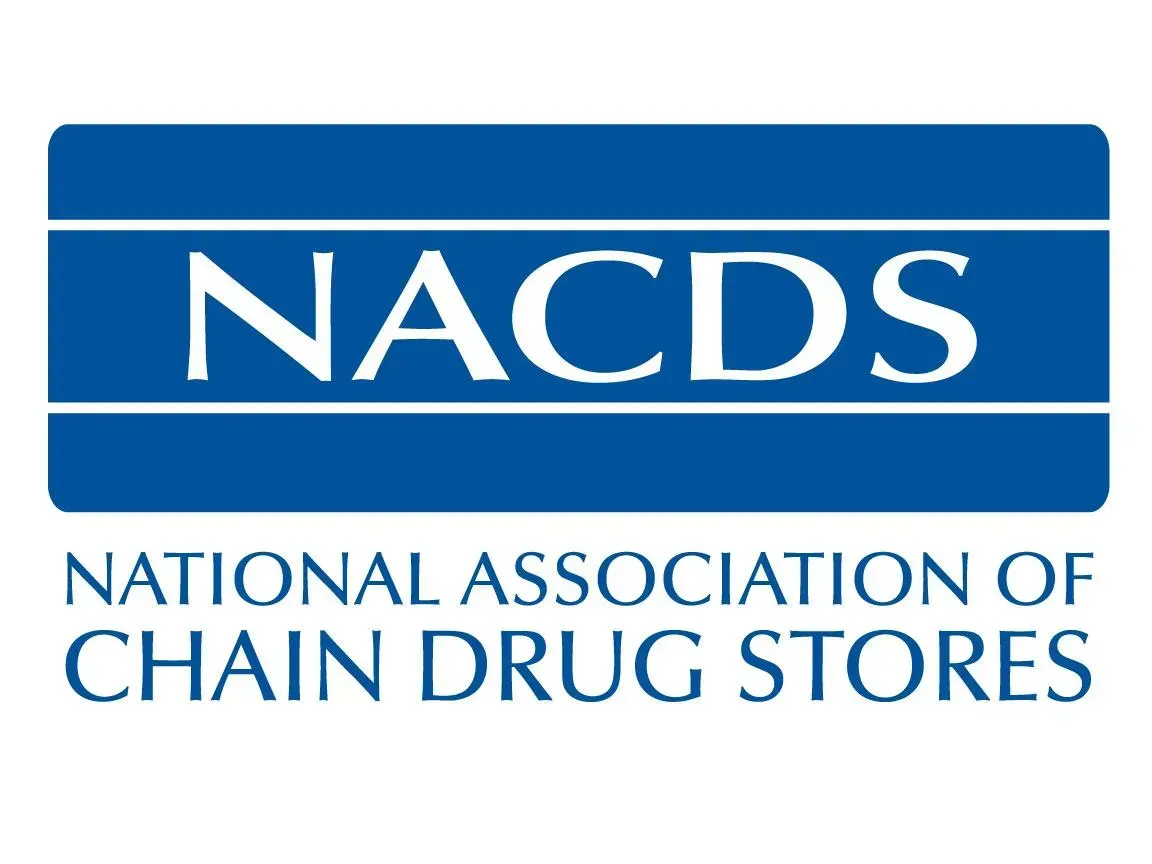Biosimilars offer tremendous promise for millions of Americans suffering from cancer, rheumatoid arthritis or other diseases, offering lower-cost and highly effective alternatives to costly reference product drugs, also known as biologics. Biosimilars have been approved and prescribed effectively for close to a decade in nations across Europe and in Australia, offering patients increased access to much-needed therapeutics.
Bertrand Liang, the Biosimilars Council
The recent approval of the first biosimilar by the Food and Drug Administration means that soon patients across the United States will enjoy this increased access. However, it is essential that we create a pathway that encourages continued approval and adoption. We must educate around these vital new medicines and be vigilant to avoid barriers that impede access.
As the regulatory framework for these medicines is built out, patients, along with prescribers and dispensers in America, are still learning about biosimilars. Now is the time for pharmacists and other health care stakeholder organizations to equip their experts with answers to questions that are sure to arise from patients and customers.
Education will be essential to encouraging adoption and guaranteeing that all stakeholders have the facts on biosimilars.
GPhA Biosimilars Council
With that in mind, the Biosimilars Council, a new division of the Generic Pharmaceutical Association, has been created to ensure a positive regulatory, reimbursement, political and policy environment for biosimilar products.
The GPhA Biosimilars Council comprises more than a dozen leading biosimilar manufacturers, and it is growing quickly. Prospective member organizations include any company or stakeholder organization working to develop biosimilar products with the intent to compete in the U.S. market. The council will also play a key role in educating the public and patients about the safety and effectiveness of biosimilars.
Same active ingredients? Same name
It is important to reiterate that everyone will continue to get the same benefits whether taking a biosimilar or its reference biologic product. One area where this principle ought to be applied is when the FDA and World Health Organization (WHO) determine what these medicines will be named. The Biosimilars Council’s view on this topic is straightforward: If a medicine has the same active ingredients, it should have the same name.
The Biosimilars Council is encouraging WHO to view naming in the same light. Many agree that the current global system that has been in place for decades works well. In fact, changes to the INN (international nonproprietary name) rules now would complicate the way that these medicines reach patients and would “result in confusion, errors and misunderstanding, resulting in a very real risk to patients,” according to the National Council for Prescription Drug Programs (NCPDP).
Every drug has an INN indicating the product’s active ingredient. For example, ibuprofen is the INN for a number of products, including Motrin and Advil. Though the brand names differ, the INN, “ibuprofen,” is on all packages, no matter what the brand, to make clear that each contains the same active ingredient.
Avoid risking patient safety, provider confusion
There is simply no need to cast doubt on the safety or efficacy of these products by giving them a different name. For these reasons, experts assert that the current mechanisms in place (e.g., national drug code [NDC], lot number, brand name, manufacturer) are sufficient.
Further, as adverse events and product recalls for small-molecule and biologic drugs already are successfully identified using the NDC code and lot number, there is no compelling evidence that biosimilars should be handled differently, according to a letter to the FDA signed by the Biosimilars Council and 19 organizations representing a diverse group of health stakeholders. These groups strongly urge the Department of Health and Human Services and the FDA to avoid any departure from the currently accepted INN system. The letter reiterates the widely held concern that adopting distinguishable names for biosimilars and biologics would erect barriers to patient access to new, more affordable medicines and could jeopardize their safety.
NCPDP says the existing system, which already tracks adverse events through a variety of methods other than INN names, “provides a far superior method for supporting prescription tracking … than would any proposed need for nonproprietary naming distinctions.”
A new regulatory environment presents significant business and savings opportunities, but the success of biosimilars is not guaranteed. This is why it is important to create a framework designed to promote competition and avoid hurdles to patient access. In addition to naming, biosimilar manufacturers are eager to see the FDA finalize guidance on interchangeability and extrapolation.
Biosimilars in the states
The Biosimilars Council is also watching state activity with interest. In recent months Colorado, Georgia, Louisiana, Tennessee, Texas, Utah and Washington have enacted laws that will help encourage patient access interchangeable biologics. These states have amended their pharmacy practice acts to allow for substitution of biosimilars deemed interchangeable by the FDA. We believe these states are acting prudently to maximize access to these drugs while saving health care costs.
Over the next few years, most of the biologic products with which Americans are familiar — including blockbuster drugs like Humira, Remicade and Avastin — will face biosimilars competition. In fact, recent data show that the cost of many biologics is increasing at a faster annual pace than any other component in health care. The introduction of biosimilars will enhance the access of these medicines to broader patient populations, at a lower cost to both the patient and the health care system.
Educating patients and health professionals
As a council, we look forward to working with regulatory bodies to establish policies that encourage adoption. In that vein, we see it as our responsibility to educate stakeholders on the value and promise of biosimilars.
The first offering of the Biosimilars Council is a new educational handbook, The Next Frontier for Improved Access to Medicines: Biosimilars and Interchangeable Biologic Products. This publication is available online for free, and hard copies are available to order via biosimilarscouncil.org.
This handbook, designed to educate health professionals and patients, regardless of expertise, explains the science behind biosimilar medicines and what makes them safe, effective alternatives to costly biologic therapies, as well as offers insight into the benefits of these drugs, outlines the legal and regulatory framework thus far, and illuminates the manufacturing and development process.
The handbook also walks readers through the concept of “interchangeable biologic products,” or biosimilars that the FDA will deem “highly similar” to the original name-brand biologic and can be interchanged by health care providers with the original products, as is done with generic versions of traditional pharmaceuticals today.
Savings opportunity
With such high spending on biologic medicines, the potential savings from biosimilars is great. Estimates from various economic impact studies pin the projected savings from $44 billion to as high as $250 billion over the first 10 years the 11 likeliest biosimilars become available to patients.
While individual analyses vary, experts can all agree on the vast potential and significant savings opportunity that biosimilars represent. It is hoped members of Congress, the FDA, stakeholders and manufacturers can work together at the state, federal and international levels to optimize patient access and foster a competitive marketplace for these transformative therapies.
Dr. Bertrand Liang is chief executive officer of Pfenex Inc. and chairman of the Generic Pharmaceutical Association’s Biosimilars Council.









